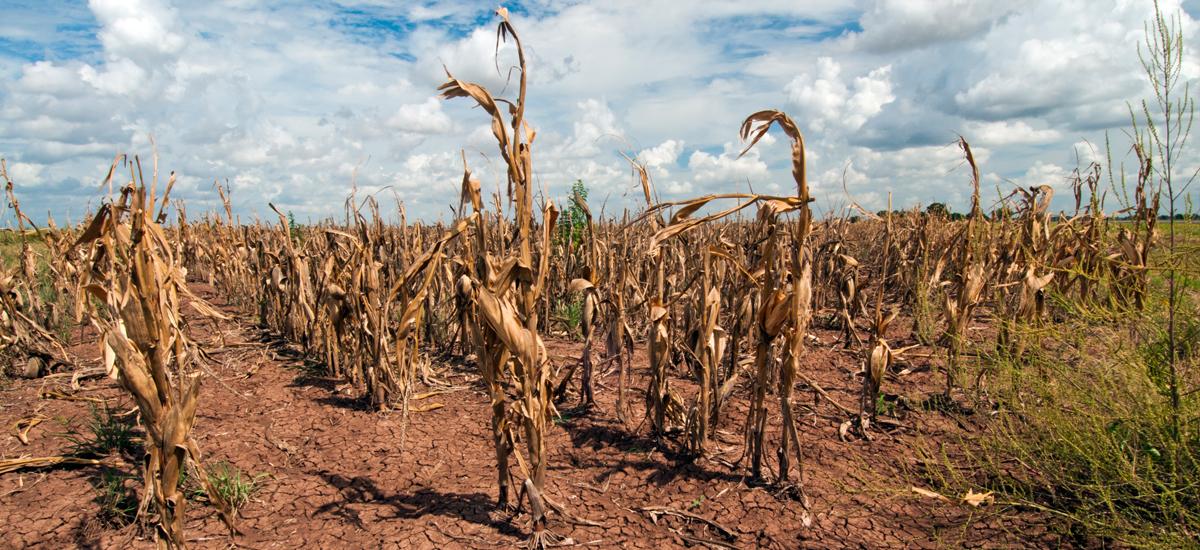President Emmerson Mnangagwa has officially declared the El Niño-induced drought, which severely impacted the 2023/24 summer cropping season, as a state of disaster. This declaration aims to mobilize resources and prevent the looming threat of widespread starvation.
In a national address delivered from the State House on Wednesday morning, President Mnangagwa invoked Section 27, Subsection 1 of the Civil Protection Act (Chapter 10:6) to address the crisis effectively. He said:
Dear Zimbabweans; The foregoing situation of the climate change-induced drought requires measures and interventions as provided for in our laws. To that end, I do hereby declare a nationwide State of Disaster, due to the El Nino- induced drought.
Accordingly, I now invoke Section 27, Subsection 1 of the Civil Protection Act ( Chapter10:6), which provides that: “if any time it appears to the President that any disaster of such a nature and extent that extraordinary measures are necessary to assist and protect the persons affected or likely to be affected by the disaster in any area of the country, the Presidency may, in such a manner as he considers fit, declare that, with effect from a date specified by him, a state of disaster exists within an area or areas specified by him in the Declaration.”
Mnangagwa also revealed that the country faces a food cereal deficit of nearly 680,000 metric tonnes due to the drought. He said:
We expect 868 273 metric tonnes from this season’s harvest, hence our Nation faces a food cereal deficit of nearly 680 000 metric tonnes of grain. This deficit will be bridged by imports. Measures to encourage private sector participation are already in place. Top on our priority is securing food for all Zimbabweans. No Zimbabwean must succumb to, or die from hunger.
Last week, the government established a purchasing price of US$390 per tonne for surplus grains during the 2022/23 agricultural season, concurrently launching a grain mop-up initiative to strengthen grain reserves.
Meanwhile, Zambia and Malawi recently declared the drought as a national disaster. President Hakainde Hichilema of Zambia said the country’s agricultural sector has been devastated leaving more than one million families requiring food aid. He said the drought had already affected 84 of the country’s 116 districts.
Malawi declared a state of disaster over drought in 23 of its 28 districts. Malawian President Lazarus Chakwera also revealed that the country needed more than US$200 million in humanitarian assistance.
